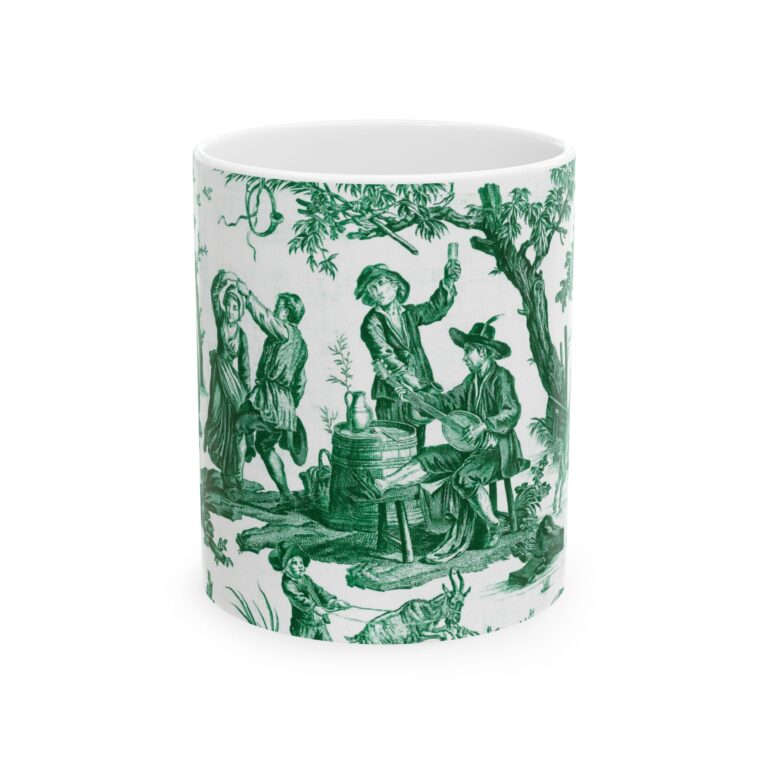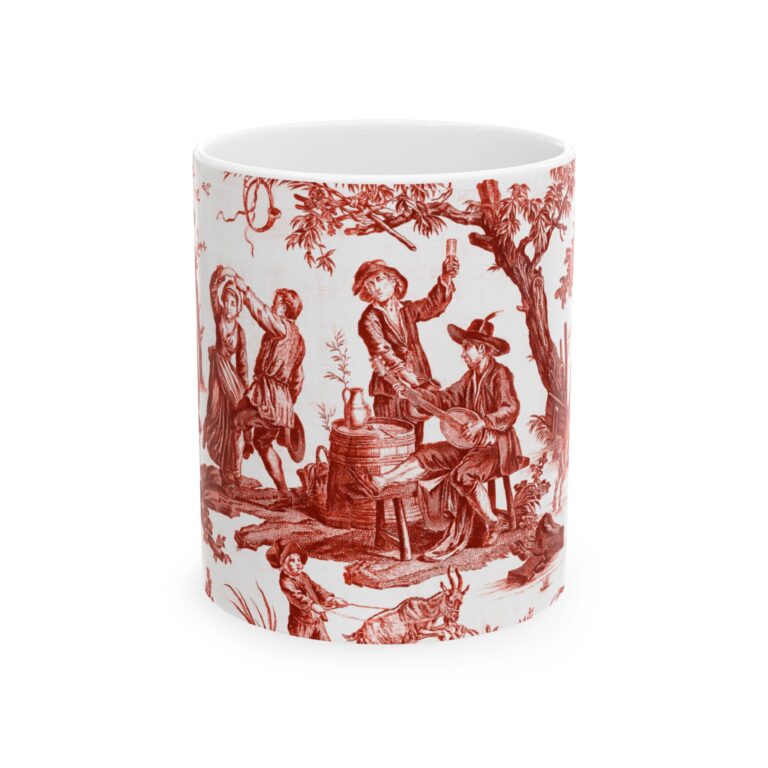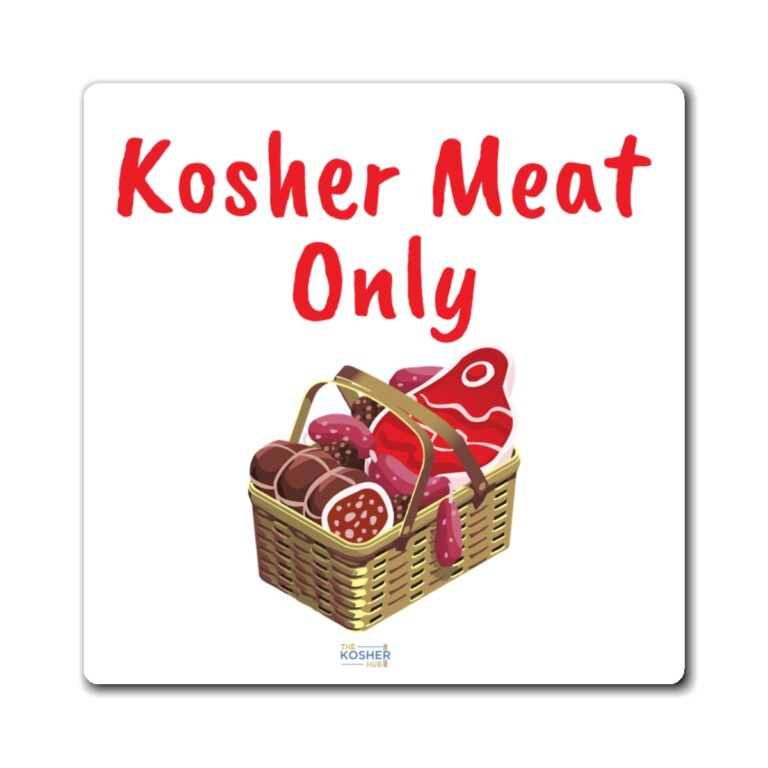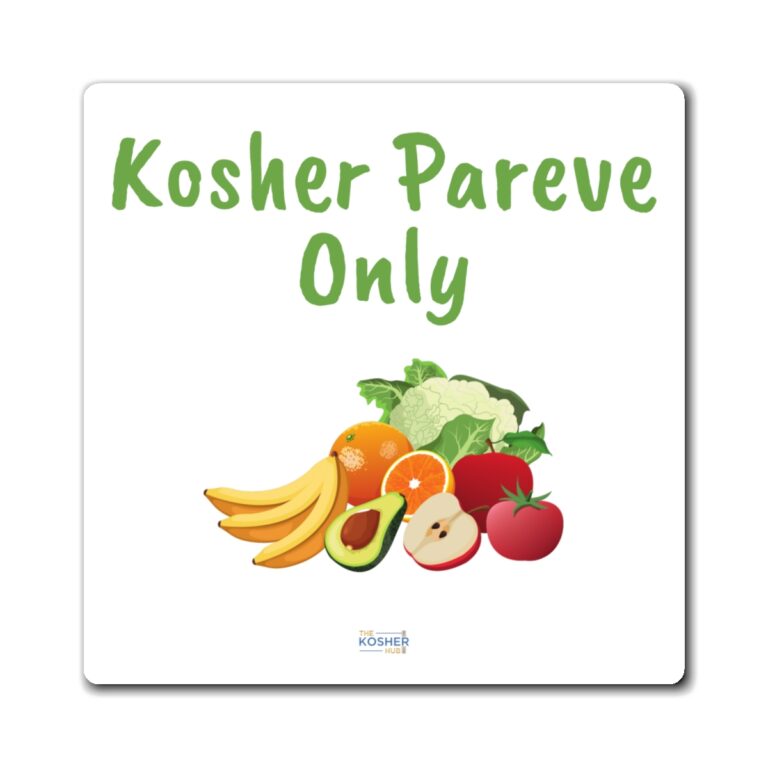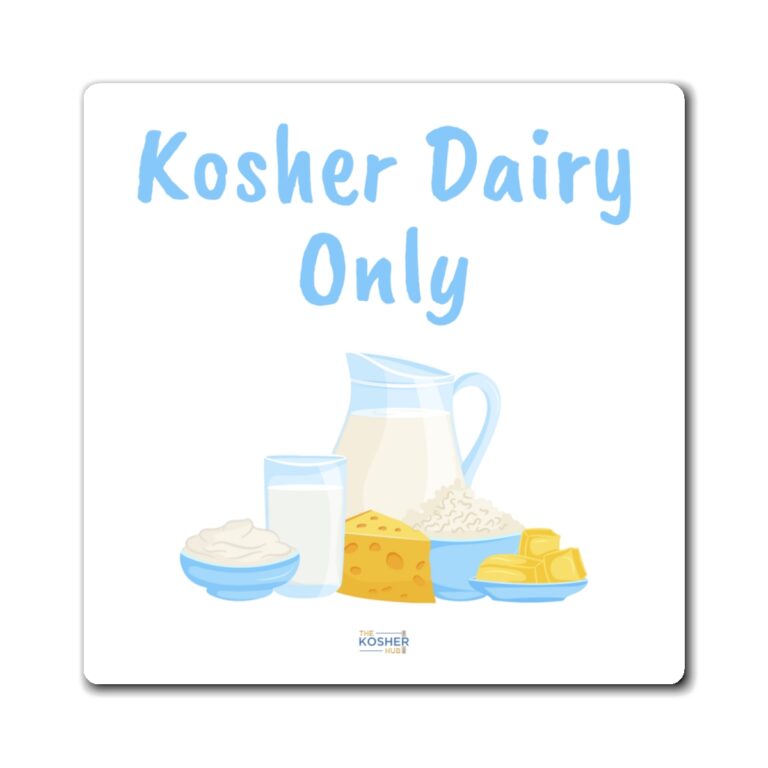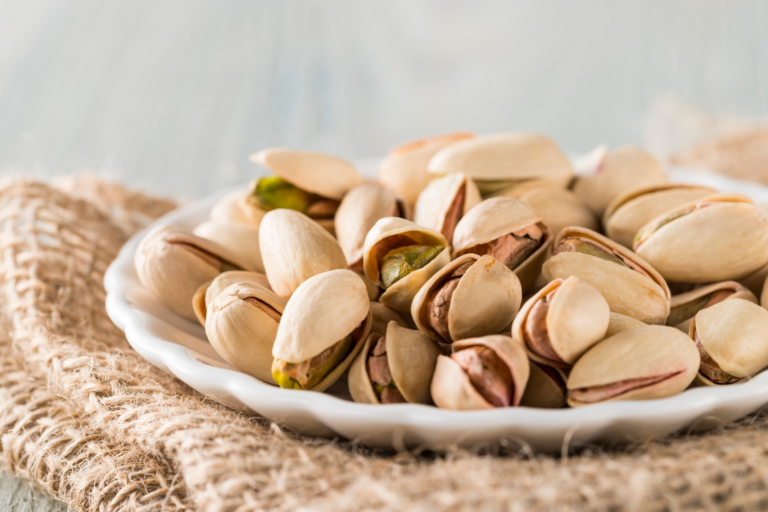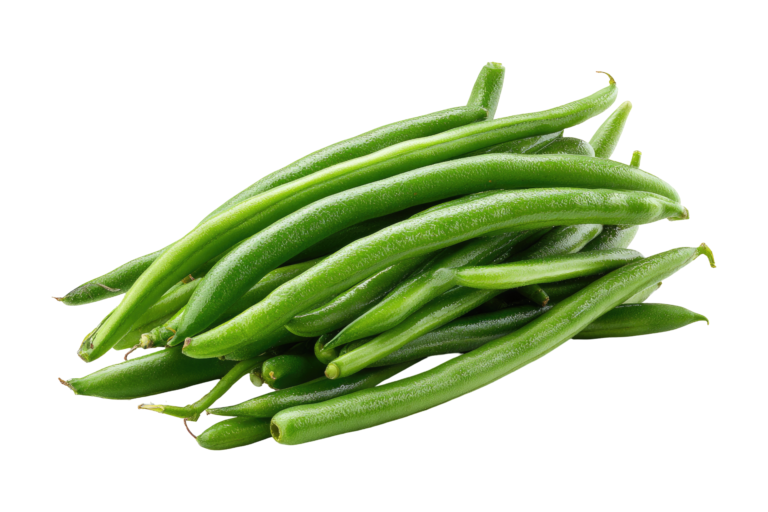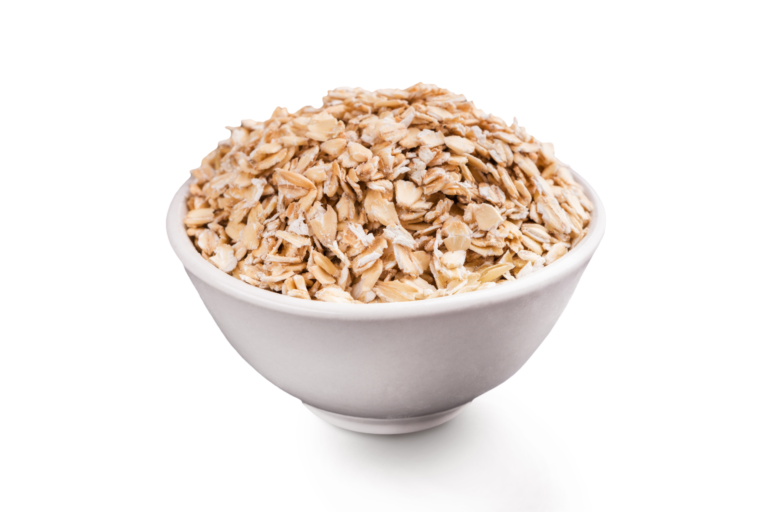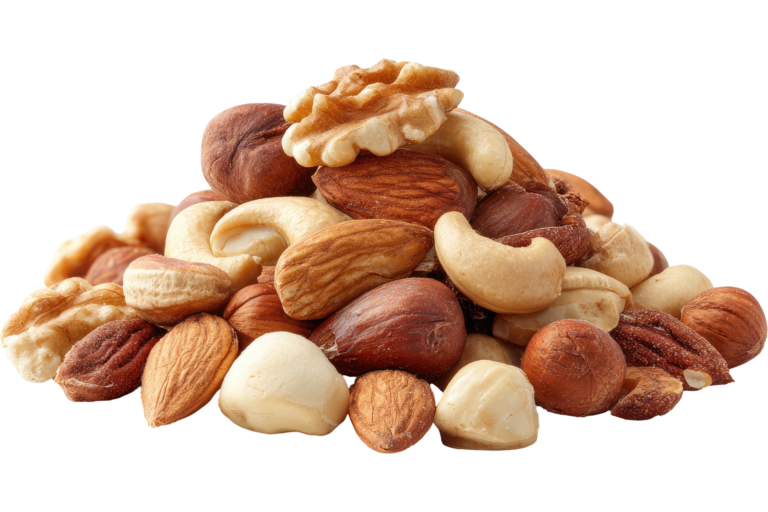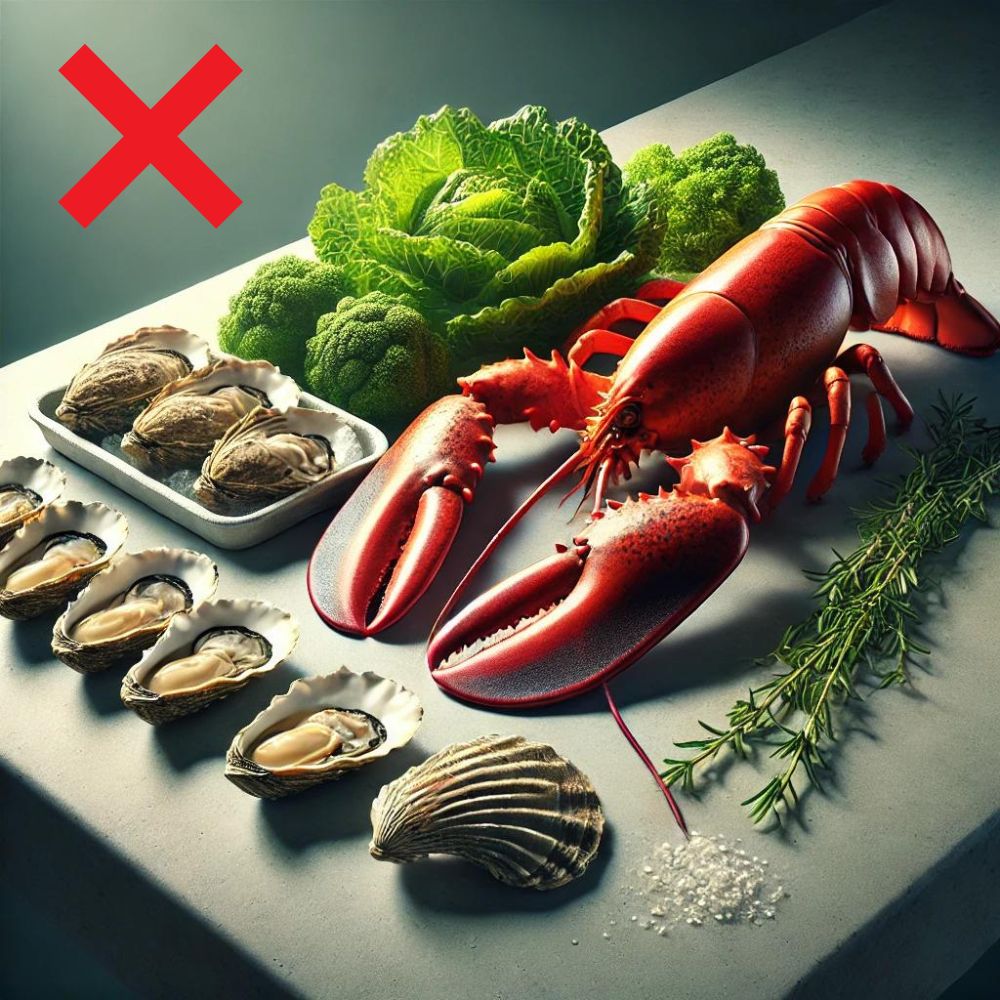



Table of Contents
Kosher and Non Kosher Animals
| Category | Examples |
|---|---|
| Kosher Land Animals | Cattle (Cow), Sheep, Goat, Deer, Bison, Gazelle, Antelope, Giraffe, Ibex, Oryx, Elk, Reindeer, Lamb, Wild Goat, Mountain Sheep, Addax, Kudu, Springbok, Mouflon, Hartbeest, Zebu, Domestic Yak, Vicuna, Chamois, Nilgai, Bontebok, Impala, Roe Deer, Water Buffalo, Domestic Buffalo, Blackbuck, Wapiti, Red Deer, Sika Deer, Pronghorn, Axis Deer, Fallow Deer, Muskox, Nyala, Eland, Sitatunga |
| Kosher Birds | Chicken, Turkey, Duck, Goose, Pigeon/Dove, Quail, Partridge, Sparrow, Turtledove, Peacock, Swan, Ostrich (debatable), Guinea fowl, Lapwing, Dove, Teal, Widgeon, Starling, Thrush, Goldfinch, Pheasant, Grouse, Woodcock, Snipe, Curlew, Rail, Corncrake, Ptarmigan, Woodpigeon, Wren, Lark, Robin, Finch, Skylark, Linnet, Warbler, Bunting, Yellowhammer, Waxwing, Chiffchaff |
| Kosher Fish | Salmon, Tuna, Carp, Herring, Cod, Tilapia, Mackerel, Sardines, Trout, Snapper, Flounder, Whitefish, Pike, Perch, Halibut, Haddock, Pollock, Bluefish, Anchovy, Mullet, Sole, Bass, Brill, Dab, Plaice, Saithe, Turbot, Redfish, Sea Bass, Barbel, Catla, Dorado, Grayling, Jack, Morwong, Red Snapper, Bream, Char, Whiting |
| Non-Kosher Land Animals | Pig, Horse, Camel, Rabbit, Donkey, Elephant, Lion, Tiger, Bear, Hyena, Leopard, Cheetah, Wolf, Fox, Coyote, Squirrel, Rat, Mouse, Kangaroo, Porcupine, Raccoon, Skunk, Badger, Ferret, Hedgehog, Armadillo, Mole, Shrew, Beaver, Chipmunk, Otter, Weasel, Mink, Stoat, Wolverine, Aardvark, Pangolin, Capybara, Llama |
| Non-Kosher Birds | Eagle, Vulture, Hawk, Owl, Raven, Crow, Falcon, Kite, Pelican, Osprey, Cormorant, Bat, Heron, Stork, Bittern, Swallow, Plover, Kingfisher, Seagull, Penguin, Magpie, Jay, Kite, Swallow, Nightjar, Rook, Chough, Cuckoo, Hoopoe, Hornbill, Trogon, Roller, Bee-eater, Jacana, Ibis, Bustard, Albatross, Shearwater, Frigatebird |
| Non-Kosher Fish | Shark, Catfish, Eel, Sturgeon, Swordfish, Monkfish, Lobster, Crab, Shrimp, Clams, Oysters, Scallops, Octopus, Squid, Ray, Skate, Anglerfish, Sea Cucumber, Jellyfish, Blowfish, Barracuda, Lamprey, Moray Eel, Wolf Fish, Parrotfish, Stonefish, Starfish, Seahorse, Gurnard, Ribbonfish, Garfish, Scorpionfish, Mola, Boxfish, Snakehead, Wobbegong, Goblin Shark, Sawfish |
The Next Upcoming Jewish Holiday is Shavuot from June 1-3 2025
Get prepared with some of these best sellers from Amazon….
“As an Amazon Affiliate we earn from qualifying purchases”
What determines whether an animal is kosher or non kosher?
In Jewish dietary laws, an animal is considered kosher if it meets specific criteria outlined in the Torah and rabbinical interpretation. These rules are part of kashrut, the body of Jewish law dealing with food.
For land animals, they must have two characteristics: they must chew their cud (meaning they regurgitate food and chew it again) and have split hooves. Examples include cows, goats, and sheep. Animals like pigs, camels, and horses are non-kosher because they do not meet both conditions. 

For birds, kosher species are generally non-predatory and domesticated. The Torah lists non-kosher birds, and rabbinical tradition has identified kosher birds such as chickens, ducks, and turkeys. Birds of prey, like eagles and hawks, are not kosher.
For fish, the criteria are straightforward: they must have fins and scales to be kosher. Fish like salmon, tuna, and cod are kosher, while sea creatures like shrimp, lobster, and catfish, which lack either fins or scales, are non-kosher.
Insects are generally not kosher, though certain types of locusts are an exception. Additionally, reptiles, amphibians, and most invertebrates are also non-kosher. Furthermore, even if an animal is considered kosher, it must be slaughtered and prepared according to specific Jewish laws (shechita) for its meat to be permissible to eat.
FREE JEWISH WALL CALENDAR 2025/5785
The Kosher Hub has designed a beautifully iconic Jewish Calendar with all the important holidays for this coming year that you can download for FREE.




Here’s a list of animals that have split hooves and chew cud:
1. Cattle (Cows and Bulls)
2. Sheep
3. Goats
4. Deer
5. Antelope
6. Giraffes
7. Bison
8. Buffalo
9. Elk
10. Kudu
Upcoming Holiday Gift Ideas
These animals are considered kosher as they meet the criteria of having both split hooves and the ability to chew cud. However, it’s important to note that even if an animal falls into this category, it must also be slaughtered in accordance with kosher laws to be deemed kosher for consumption.
Interested in Jewish Cooking? These are Amazons top ranking Jewish Cookbooks
Here’s a list of sea animals that have fins and scales:
1. Salmon
2. Tuna
3. Trout
4. Herring
5. Mackerel
6. Sardines
7. Bass
8. Grouper
9. Snapper
10. Cod
11. Halibut
12. Tilapia
13. Catfish (Note: Catfish have fins but lack scales, so they are not kosher)
14. Flounder
15. Perch
16. Pollock
17. Pike
18. Swordfish
19. Bream
20. Angelfish
Important Note:
– For a fish to be considered kosher, it must have both fins and scales. Many fish like catfish, while they have fins, do not have scales and are therefore not kosher. Always ensure to verify the specific species and their kosher status according to reliable kosher certifications.
Kosher Kitchen Food Magnets
What part of the Bible talks about Kosher and Non Kosher Animals
Leviticus 11: This chapter outlines the laws of kashrut in detail, specifying which animals are clean and unclean.
- Land Animals: Verses 3-8 detail the criteria for land animals, stating that to be kosher, they must have split hooves and chew cud.
- Sea Animals: Verses 9-12 specify that fish must have fins and scales to be considered kosher.
- Birds: Verses 13-19 list specific birds that are considered unclean, and others that are implied to be clean.
- Insects: Verses 20-23 detail which locusts are kosher.
Deuteronomy 14: This chapter reiterates and expands upon the dietary laws introduced in Leviticus.
- Land Animals: Verses 6-8 provide the same criteria as Leviticus for determining which land animals are kosher.
- Sea Animals: Verses 9-10 repeat the requirement for fish to have fins and scales.
- Birds and Insects: Similar instructions are provided regarding permitted birds and the consumption of certain insects.
These chapters form the foundation of the kosher dietary laws in Judaism, guiding adherents in their food choices based on biblical commandments.









